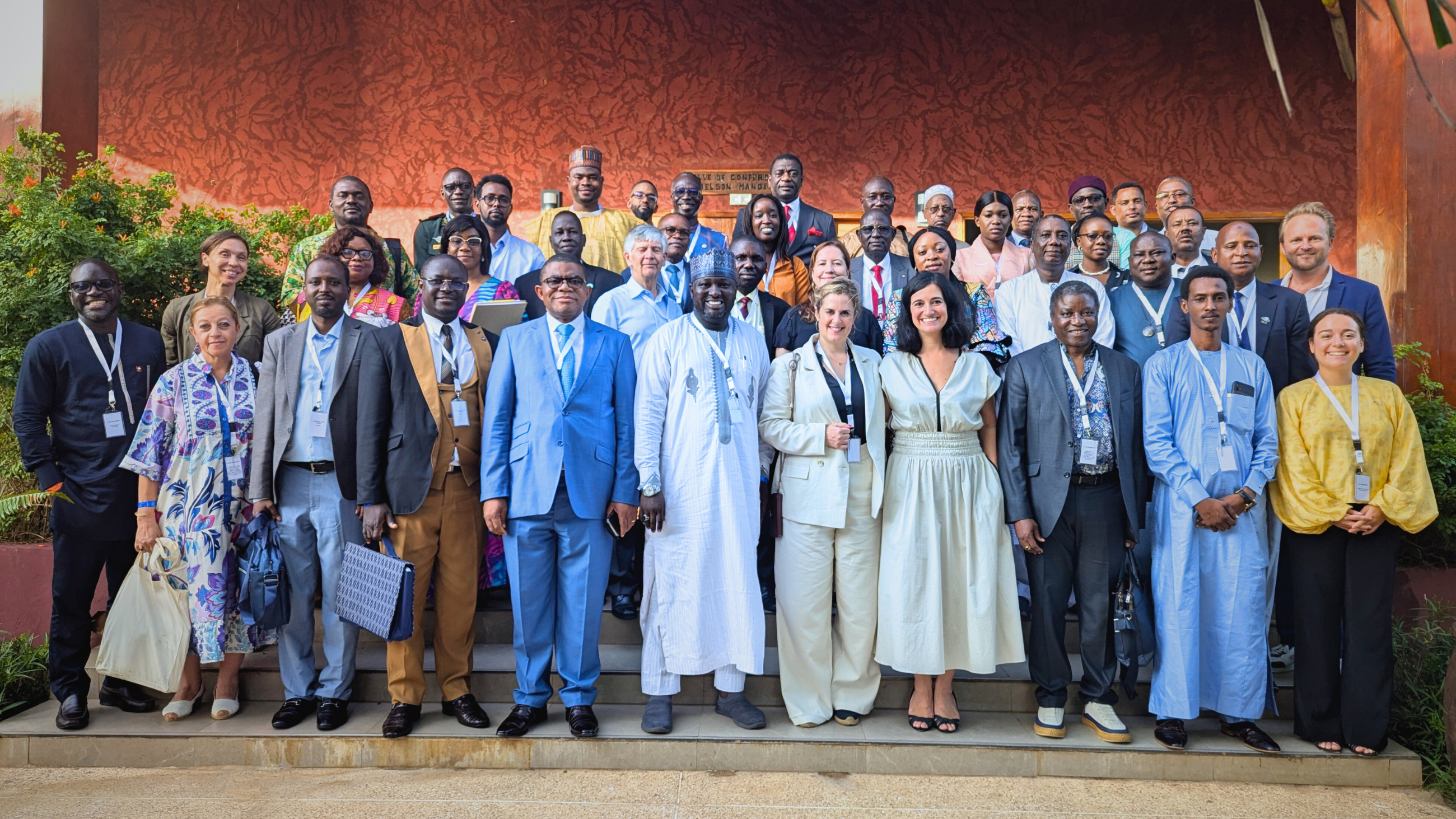The Cross-Regional Forum on Implementing Laws and Policies on Internal Displacement in Africa that took place from 18-20 September in Somone, Senegal, just outside Dakar. The Forum was co-organized by UNHCR (a joint DIP effort by IDP Unit and PPLA with excellent support from RBWCA), the Special Rapporteur on the human rights of IDPs, and the IDP Protection Expert Group (IPEG)*, with support from IIHL Sanremo. The organizers brought together officials from thirteen governments across Africa – from Burundi, Burkina Faso, Cameroon, Central African Republic, Chad, the DRC, Ethiopia, Mali, Niger, Nigeria, Senegal, Somalia and South Sudan – for a facilitated peer-to-peer dialogue on overcoming challenges to implementing laws and policies on internal displacement, including through domestication of the Kampala Convention.
In addition to government officials from both the national and local level, we were fortunate to have the presence and participation UNHCR’s DIP Director who gave opening remarks, as well as officials from several donor governments (the US, Norway, and Switzerland) and a representative of the African Union. A specialist on statistics and data from RBWCA (Ahmadou Hamady Dicko) and a regional delegate from the ICRC were also on hand as expert contributors, as well as staff representation from RBWCA (Charlotte Maquin) and RBEHAGL/RAUCA. The Special Rapporteur served to formally open and close the Forum, reconvene each morning for a recap of the previous day's discussions, and engage participants on their commitments upon return to their countries.
Over the course of 2 and ½ days, the government participants engaged in dynamic, “Chatham House-rules” sessions on key thematic issues (facilitated by members of the IPEG – Walter Kaelin, Chaloka Beyani, and Maya-Sahli Fadel), including on how to ensure effective whole-of-government response and the role of local level authorities across prevention, protection, and solutions for internal displacement. The goal of the format was to bring forward the unique benefits that are gained when States facing internal displacement challenges can share knowledge and learn from each other. Participants arrived well-prepared with presentations and documents to share with their counterparts from different countries. A key focus throughout was on opportunities for governments to make concrete progress toward ratification of the Kampala Convention (for participating States that had not yet ratified it, i.e. Burundi and Senegal) and its domestication once they return to their home countries. Several officials made commitments to that end (e.g. Ethiopia, Somalia, Burkina Faso – and Chad in relation to the adoption of the implementing decree of their 2023 IDP Law).
The event showcased the importance of UNHCR’s efforts to engage directly with governments and government systems and to support national/local ownership for addressing internal displacement. Over the course of the three days, numerous participants, including donors, expressed appreciation for the opportunity of this exchange and its usefulness to their work. For example, the representative from Norway commented on X: “A highlight of my first two weeks in Senegal. Extraordinary energy and strong will to protect and integrate IDPs, looking to implement Kampala convention”.
While this event was focused on the role of governments, the issue of IDP inclusion and participation was a key topic, and the co-organizers (UNHCR, IPEG, and the SR) are jointly organizing an IDP participation workshop to take place in early December, with in-person participation of IDP leaders from around the world.
*The IPEG is co-led by UNHCR, the Special Rapporteur on the human rights of internally displaced persons, and the Global Protection Cluster


